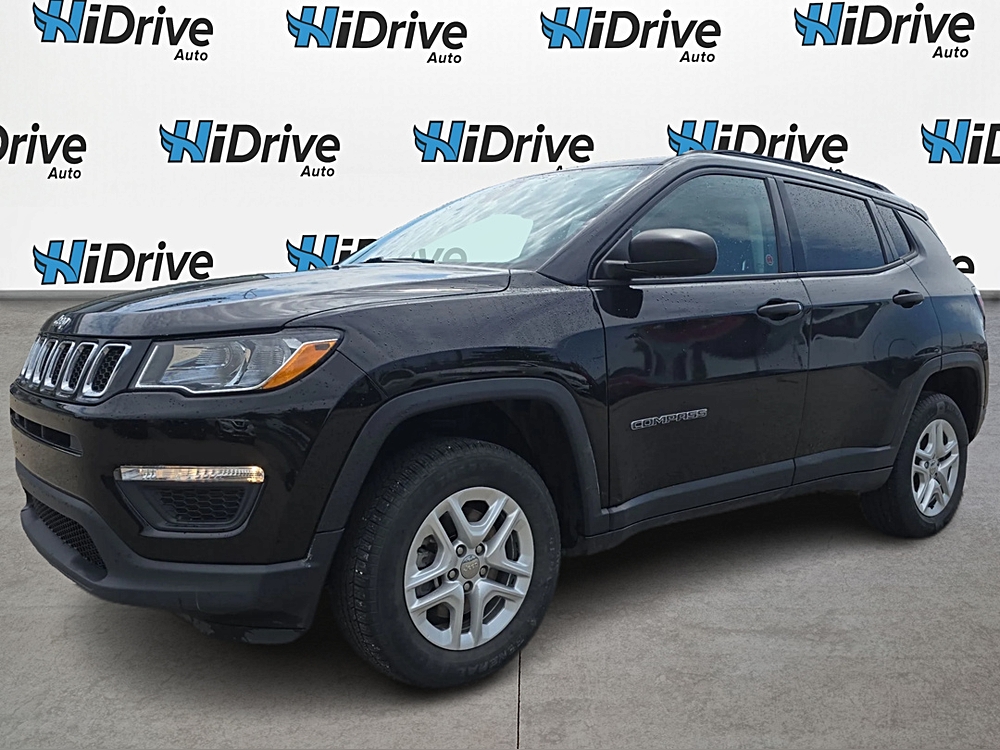- June 3, 2025
- 1:25 pm

Buying a car is a significant decision that requires careful consideration and thorough research. To help you make an informed choice, this ultimate car buyer’s handbook provides a comprehensive guide on everything you need to know before purchasing a vehicle.
Determining Your Needs
When it comes to choosing a vehicle, it’s essential to consider your lifestyle and individual needs. Factors such as daily commute, family size, and cargo requirements should influence your decision.
Budget and Financing
Setting a budget is the first step in the car buying process. Consider your financial situation, including down payment and monthly payments. Explore financing options such as loans or leasing to find the best fit for your budget.
Size and Space Requirements
Evaluate your space needs to determine the appropriate size of the vehicle. Whether you need ample cargo space for outdoor gear or seating capacity for a growing family, make sure the vehicle meets your space requirements.
Researching and Comparing Vehicles
Researching different car models is crucial to finding the perfect vehicle that meets your needs and preferences.
Reading Reviews and Ratings
Take the time to read reviews and ratings from both experts and other car buyers. This information can provide valuable insights into the reliability and performance of the vehicle you are considering.
Checking Reliability and Safety Features
Prioritize safety by evaluating the vehicle’s reliability and safety features. Look for crash test ratings, safety technology, and reliability reports to ensure you are choosing a safe and dependable vehicle.
Test Driving and Inspecting Cars
Test driving and inspecting a car allow you to assess its performance, condition, and overall suitability for your needs.
Driving Performance and Handling
Pay attention to the vehicle’s driving performance and handling during the test drive. Evaluate factors such as acceleration, braking, steering, and overall comfort to determine if the car meets your driving expectations.
Checking for Signs of Wear and Tear
Inspect the car for any signs of wear and tear, especially if you are considering a used vehicle. Look for maintenance records, check the interior and exterior condition, and examine the engine for any red flags.
Negotiating and Closing the Deal
When it comes to finalizing the car purchase, negotiation skills can help you secure a fair deal and additional options.
Price Negotiation Strategies
Negotiate the price of the vehicle with the seller to ensure you are getting the best possible deal. Research the market value of the car and be prepared to walk away if the terms are not favorable.
Understanding Warranties and Additional Options
Familiarize yourself with warranties and additional options available when closing the deal. Consider extended warranties, maintenance plans, and other add-ons to protect your investment and provide peace of mind.
Conclusion
In conclusion, buying a car is a significant investment that requires careful consideration and research. By following this comprehensive guide, you can make an informed decision and choose a vehicle that meets your needs and budget.
Contact HiDrive Auto at info@hidrive.ca or 7807690120 for expert advice on financing, reliable inventory, and the widest selection of cars at the best prices. Happy car shopping!



